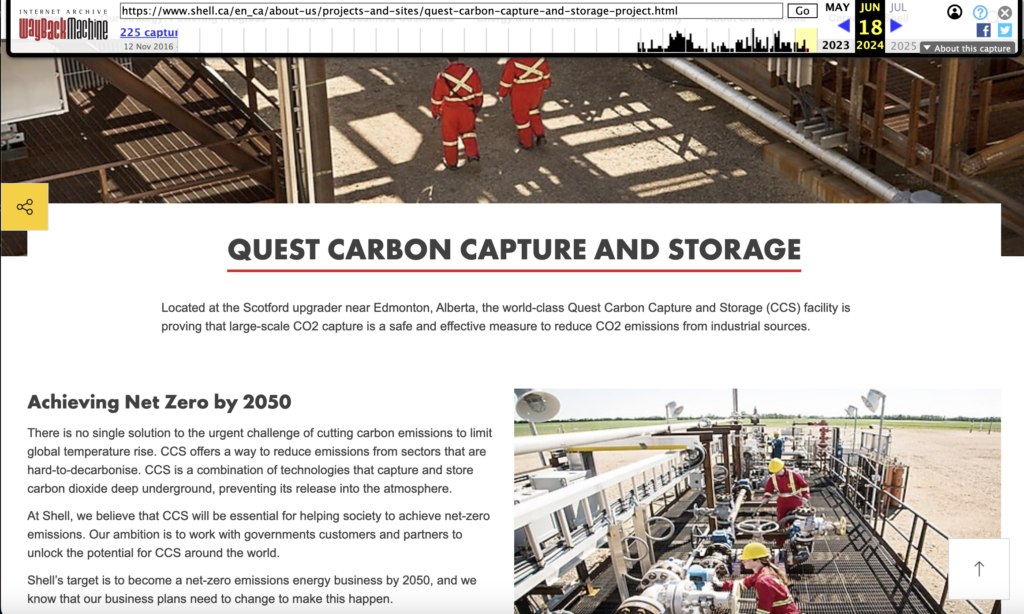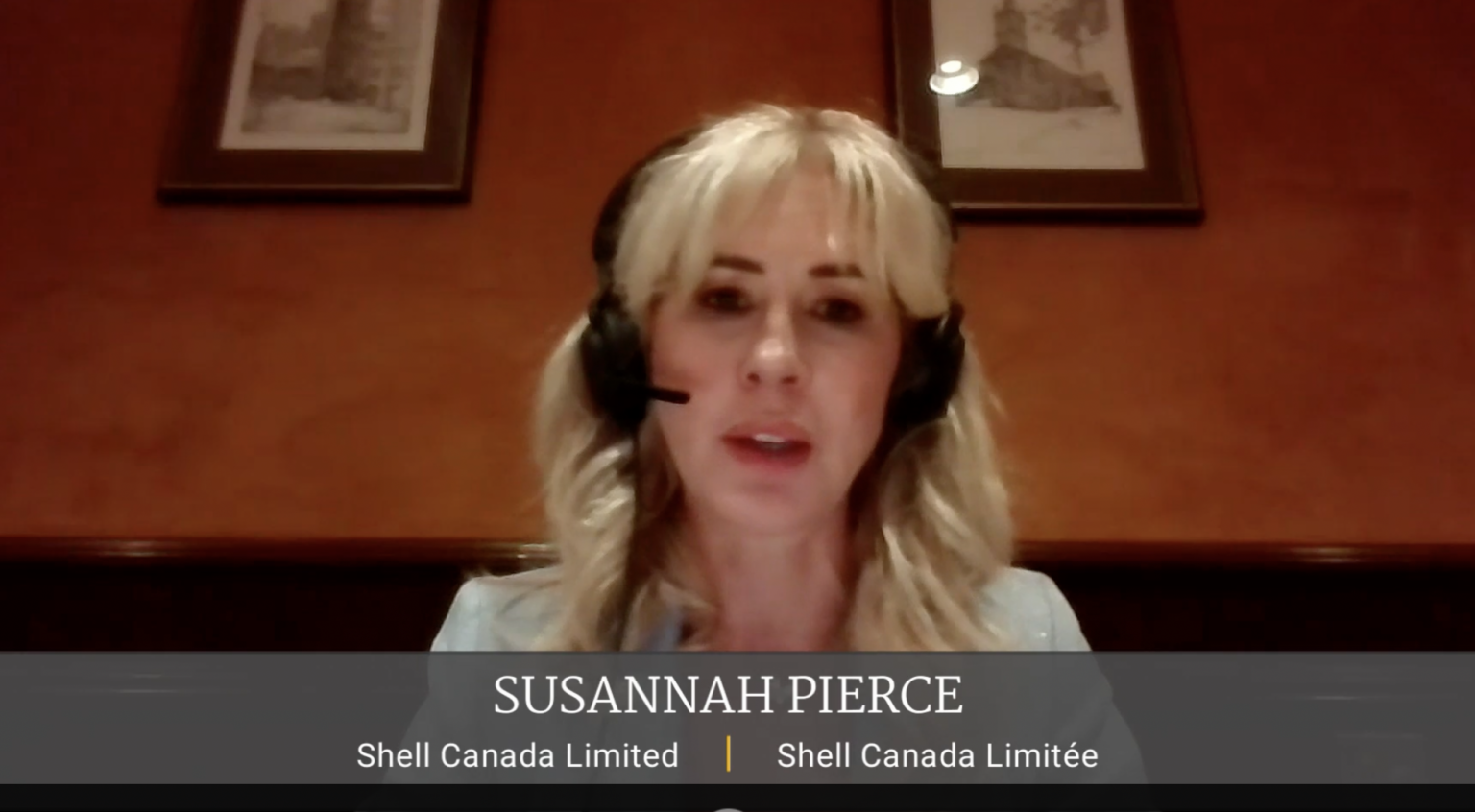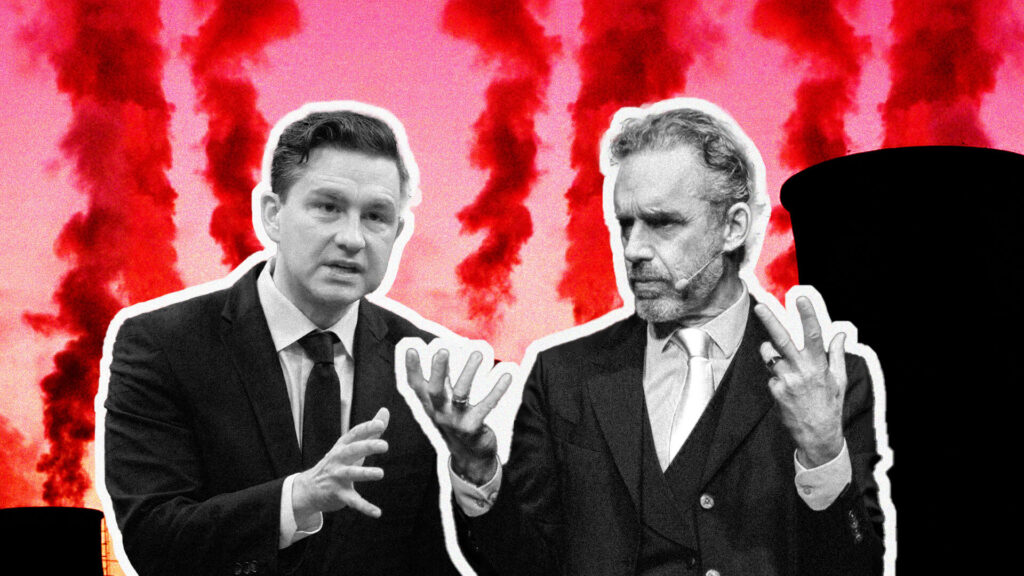Shell Canada has deleted a “net-zero” goal by 2050 from its website.
The description of Shell’s Quest carbon capture and storage (CCS) project was edited in recent weeks, and no longer includes the heading “Achieving Net Zero by 2050.”
That language appeared on Shell Canada’s website as recently as June 18, according to the Internet Archive.
Shell further removed the phrase “Shell’s target is to become a net-zero emissions energy business by 2050, and we know that our business plans need to change to make this happen.”
The company also replaced the term “lower-carbon fuels” with “alternative fuels” in a paragraph that formerly read “Our priority is to avoid emissions, for example by adopting solutions that are emissions-free when used. When this is not possible, we work to reduce emissions, for example by making use of lower-carbon fuels and technologies like CCS.”
This news comes just weeks after DeSmog reported Exxon’s Imperial Oil deleted its CEO’s claims that carbon capture is critical to meeting Paris Agreement goals.
These changes were likely the result of recent amendments to Canada’s Competition Act that will require any organization making claims about the potential environmental benefits of their product, service, or project to provide evidence of those claims. Companies found to be misleading the public could face fines of up to $10 million CAD.

DeSmog previously reported that the Pathways Alliance — a consortium of Canadian tarsands producers — had scrubbed their website of all content on June 19, 2024. Pathways’ website previously stated that “the path to net zero begins with carbon capture.”
In the days that followed, several Canadian oil and gas companies, as well as the Canadian Association of Petroleum Producers, and a third-party pro-oil advertiser called Canada Action, had all removed pages from their websites or significantly modified language concerning carbon capture, LNG, and the oil and gas sector’s environmental goals.
‘PR Fig Leaf’
Carbon capture and storage technology has until recently been championed by Canada’s oil producers, and continues to be championed by Canadian government officials. Canadian environment minister Steven Guilbeault recently lauded a new carbon capture project funded through the Canada Growth Fund, stating such government-funded carbon capture efforts would “build a cleaner economy and a more sustainable future.”
There is little evidence suggesting carbon capture is an effective climate change mitigation tool. The technology has been described as a “PR fig leaf” and a “scam.” Carbon capture was originally called “enhanced oil recovery” and was used to extend the serviceable lifespans of otherwise derelict oil wells. The technology has been criticized as a greenwashing effort used to mask continued emissions-intensive oil production, as much as an inefficient use of financial resources that might otherwise be used for decarbonization of the energy grid.
Shell Canada did not respond to DeSmog’s request for comment, but a recent statement attributed to “solutions” director Huibert Vigeveno suggests the company is treading carefully when it comes to carbon capture claims. Vigeveno said CCS “is a key technology to achieve the Paris Agreement climate goals,” and that “The Polaris and Atlas projects are important steps in reducing emissions from our own operations.”
The statement further claimed that Shell’s Quest project has stored nine million tonnes of CO2 since 2015.
A groundbreaking study of the Quest project revealed it was actually emitting more CO2 than it captured. But even if Shell could prove that the facility captured nine million tonnes of carbon dioxide in the last nine years, it’s what’s left unsaid that matters most. Namely, emissions from Alberta’s tarsands was estimated to be 81 megatonnes in 2022, meaning the 1 megatonne of CO2 equivalent Quest is alleged to remove from the atmosphere per annum is comparatively quite small. Worse, Canada might be undercounting tarsands emissions by as much as 65 percent.
If Shell was in fact committed to becoming “a net-zero emissions energy business by 2050,” the company could conceivably abandon high-emissions tarsands production in the first place.
Cautionary Note
Shell also included a substantial cautionary note. This included language that appeared to guard against future liability. Two subsections were included, titled “Shell’s net carbon intensity” and “Shell’s net-zero emissions target.”
The “net carbon intensity” disclaimer said “Shell only controls its own emissions” and “The use of the term Shell’s ‘net carbon intensity’ is for convenience only and not intended to suggest these emissions are those of Shell plc or its subsidiaries.”
Concerning Shell’s “net-zero emissions target,” the company says its “operating plan, outlook and budgets are forecasted for a ten-year period and are updated every year,” and that they “reflect the current economic environment and what we can reasonably expect to see over the next ten years.”
For that reason, Shell argues that its operating plans “cannot reflect our 2050 net-zero emissions target as this target is currently outside our planning period.” The company further states that, “In the future, as society moves towards net-zero emissions, we expect Shell’s operating plans to reflect this movement. However, if society is not net zero in 2050, as of today, there would be significant risk that Shell may not meet this target.”
In addition to retreating from its net-zero ambitions, the company has quietly abandoned its goal of turning 1 million tonnes of plastic waste into pyrolysis oil by 2025. Though Shell was once a leading advocate of “chemical recycling,” according to the Guardian the company determined its goal was unfeasible. The determination was made last year, and published in its 2023 sustainability report, issued in March.
Subscribe to our newsletter
Stay up to date with DeSmog news and alerts







